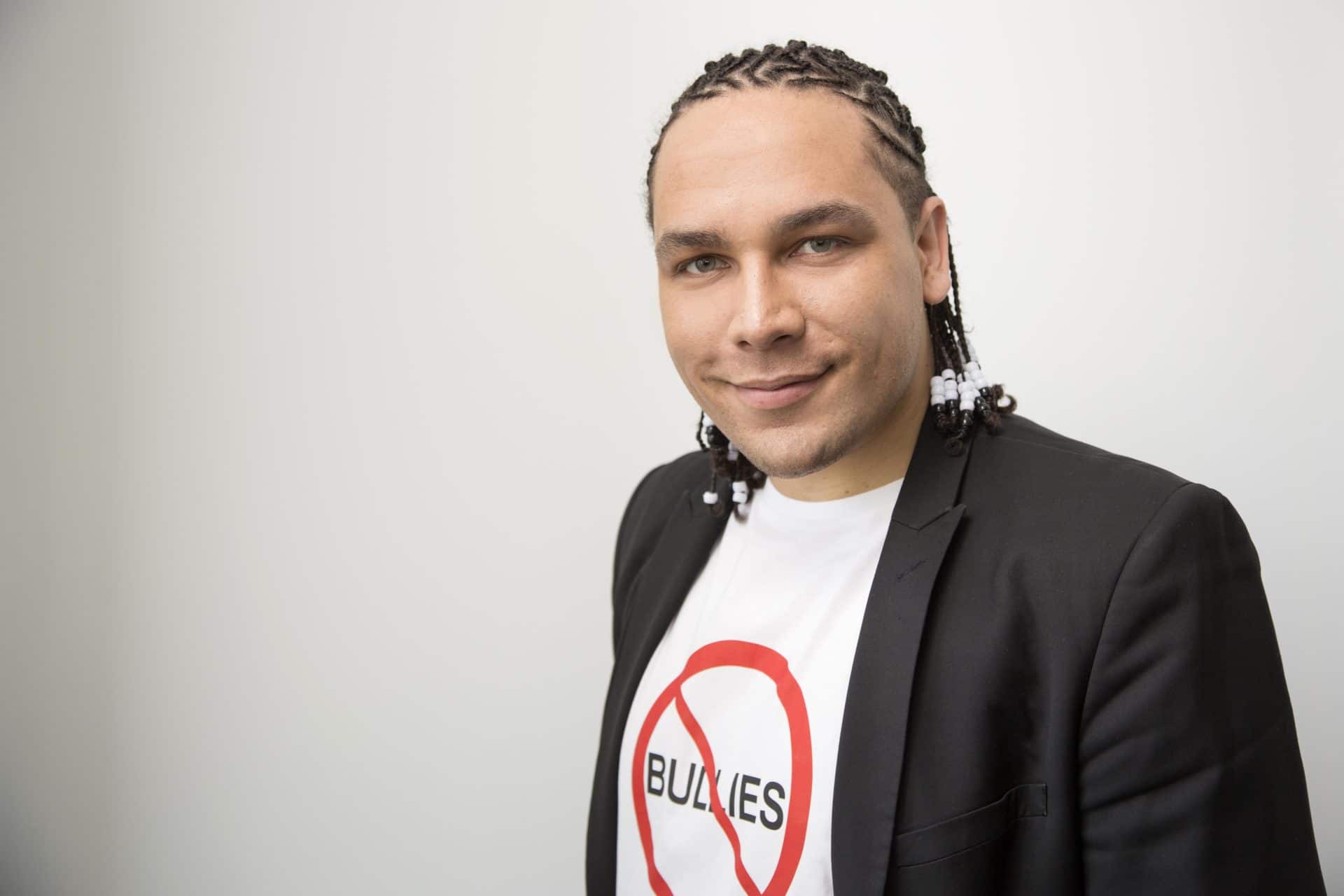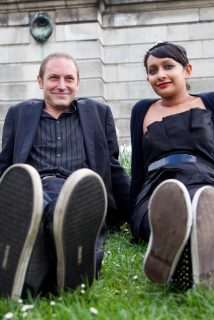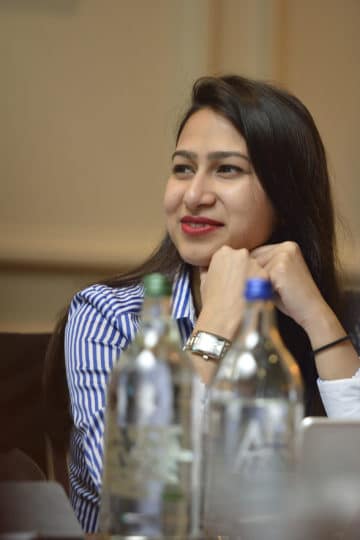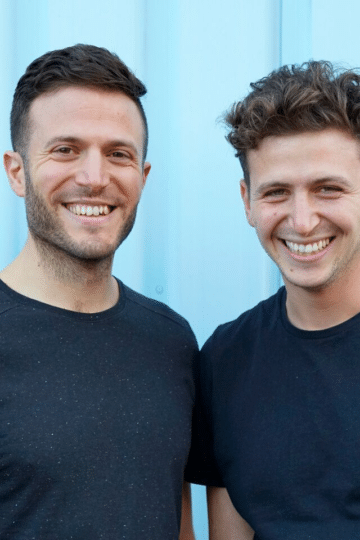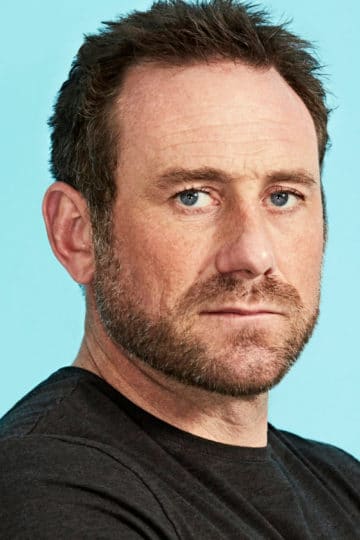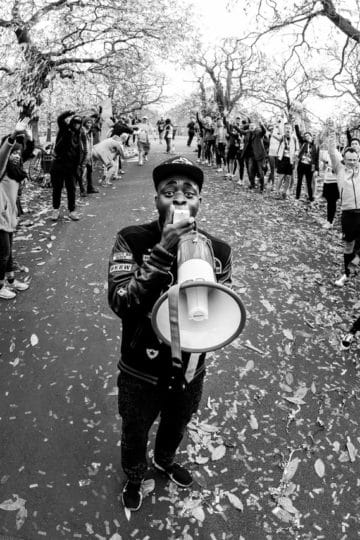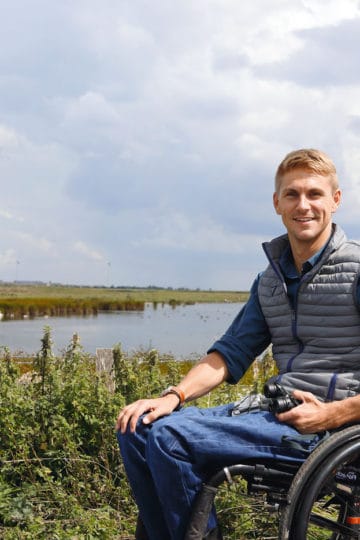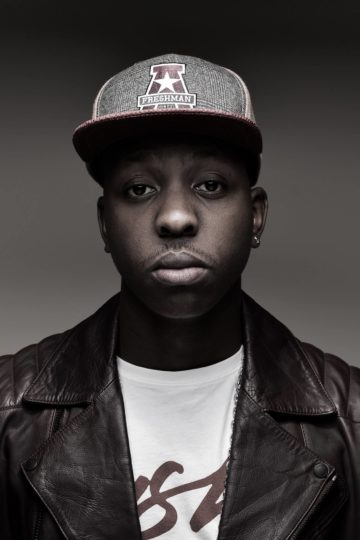The New Role Models: Alex Holmes
Role Models
Alex Holmes is one of our 50 New Role Models for men. Why? Because of his incredible, transformative work battling bullying in the UK.
Alex Holmes was a victim of bullying at his school – until one day in Sixth Form he decided he’d had enough, and decided to find an effective way to combat the issue for himself and others. Soon, he’d invented the Anti-Bullying Ambassadors: trained up pupils who could combat bullying at playground level, particularly in supporting bullied kids to speak out. Now Deputy CEO of The Diana Award, a legacy charity to Princess Diana which believes young people can change the world, he works with the government, and organisations like Facebook, and his Ambassador scheme has grown to a point where 28,000 ambassadors now work in schools throughout UK and Ireland, and has it has just gone global with high schools in Miami.
We grabbed a word with the kind of man who should be a role model for everyone
Starting the battle
When I was at school I went through bullying and it felt like II had no sense of a community. It started at primary school and it was mostly about racism – my Dad’s from Jamaica, and my Mum’s distant family is from Spain – and a couple of kids would say racist things to make me upset and uncomfortable, and unsafe too. At secondary school the bullying became more homophobic, and sometimes physical.
I was a bit older in the Sixth form when I felt able to stand up and do something about it, for myself and others. I started an Anti-Bullying Ambassador campaign, which would train up ambassador pupils. It was very popular when I started it in my school, where we rewrote school policy.
It went really well and I ended up receiving an award called the Diana award, where I now work.
Six years ago the government heard about the Ambassador scheme and invited me to talk about it. I started doing the work full time, and we have trained nearly 28,000 young people across UK and Ireland, and even now in Miami.
Changing attitudes
It’s about speaking out. I didn’t speak out when I was bullied and a lot of people don’t. We want to put out a clear message that if you are being made to feel upset or uncomfortable or unsafe, you can talk to someone. We want to encourage empathy and compassion in other young people. Young people spend 11,000 hours in school which is a huge chunk of time. This is about shaping attitudes and behaviours.
Being different
Bullying corrodes your confidence and self esteem. It makes you think you’re in the wrong for being different. But one of our messages is that the thing that makes them different is a strength in disguise. When you’re a child you don’t think about that, you forget about the big world outside when you’re stuck in school.
It’s why it’s important to have celebrities who work with us. I’ve realised just how many have had their own experiences of bullying, like Will Poulter. It’s great to have their support – it puts a spotlight on the issue, and for young people the can have an impact by showing they can come through it and be successful. It makes a big, big difference.
The Effects of Bullying
We recently had a National Stand Up To Bullying Day – a YouGov poll of the Great British Public found 55% were bullied at school, and 69% said it had affected their self esteem and confidence to this day.
Bullying has a lifelong impact. A team from King’s College traced studied kids when they were 7 and 11, and traced them to when they were 50 – and those 50 year olds who experienced bullying had poorer mental health and trust issues
It can impacts you for rest of your life and can stop you fulfilling your potential.
Bullying isn’t a bit of unkindness, it is persistent and pernicious and devastating to children and some adults.
The Strategy
We have a five year strategy to be in a third of schools in UK. There are 27,000 schools and we’re in 3000 currently. So there’s still a long way to go. Facebook are officially on board last year and they’re helping us reach every secondary school.
The work is not done until we see every school with an anti-bullying programme, involving the staff, pupils, and parents.
Cyber-bullying
For the last few years we’ve been working with social media companies, we sit on their advisory boards, and find out how to keep people safe online. With cyber bullying we’ve found that it starts at school in the playgrounds, then becomes a digital thing. Because it starts offline we focus offline – the solution is an offline one where they need to feel confident enough to find out and speak to ambassadors and tell people how they feel. And where ambassadors can see bullying and can reach out and send direct messages to say I’m here to talk, come and find me. To report and challenge the bullying. There’s a link between what happens online and offline. We need to create an entire culture where bullying isn’t done.
The Diana Award website: diana-award.org.uk
Follow Alex’s work on Twitter: @DianaAward @AntiBullyingPro @abcholmes
Go here for the full link to the 50 New Role Models.
Trending

Join The Book of Man
Sign up to our daily newsletters to join the frontline of the revolution in masculinity.




